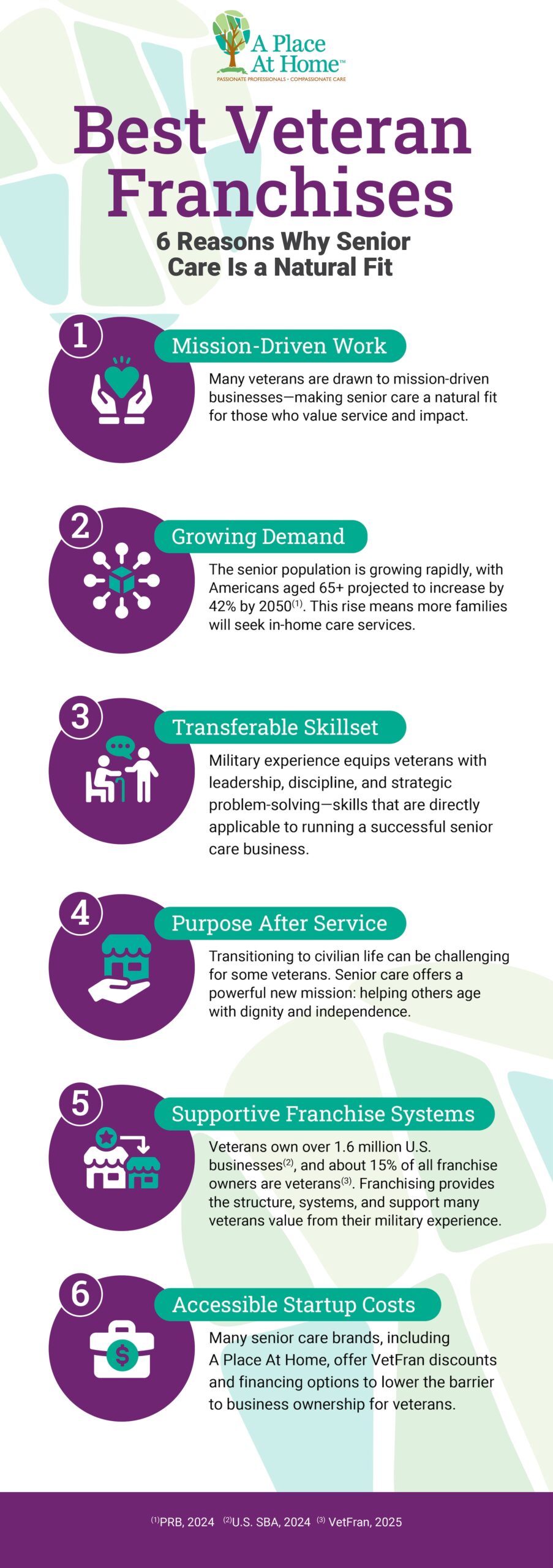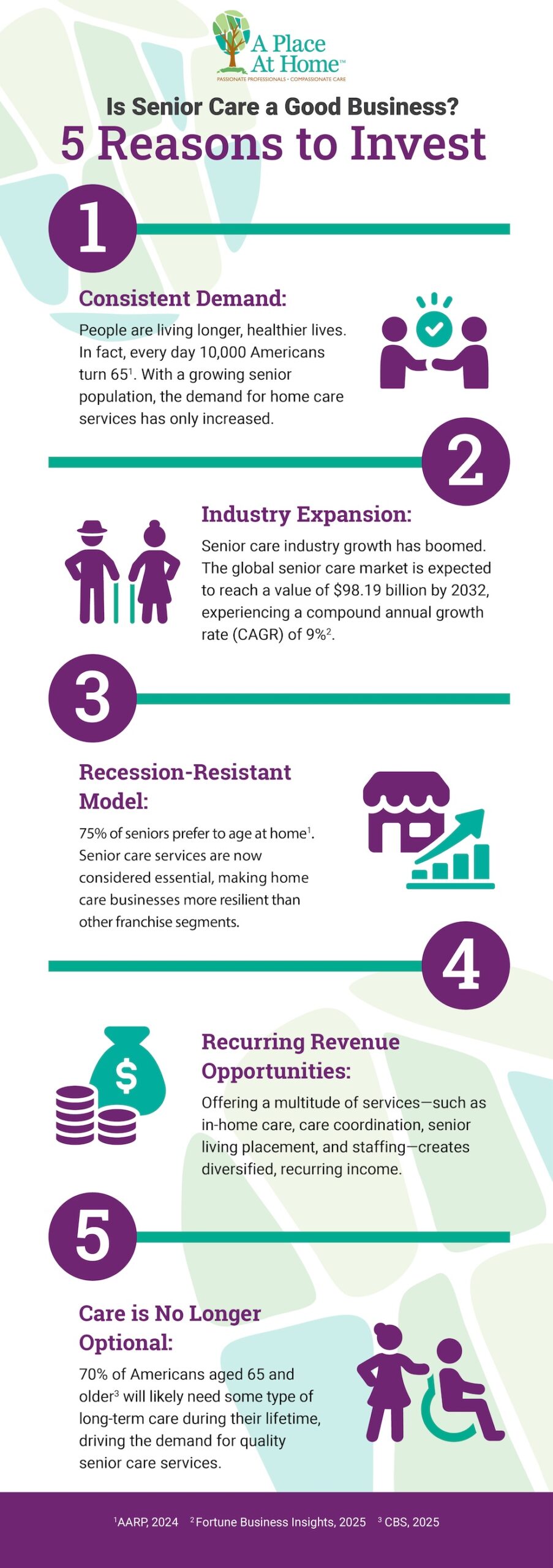Global home care provider expands to North America, bringing its person-centered care model to U.S. families
OMAHA, Neb., (February 25, 2026) — Dovida, a global provider of person-centered home care services operating across six international markets, has officially entered the United States through its acquisition of A Place At Home, an established home care franchise network serving communities nationwide.
With millions of hours of care delivered annually across Australia, France, Ireland, the Netherlands, New Zealand, and Switzerland, Dovida brings a proven care model grounded in dignity, independence, and relationship-based support.
The acquisition marks the company’s expansion into its seventh market and its first in North America.
A Strategic Expansion
A Place At Home, known for providing high-quality, relationship-led home care, shares Dovida’s values of compassion, integrity, and mission-driven service, making it a natural fit.
“At its core, Dovida represents continuity with purpose,” said Paul Fritz, Global CEO of Dovida. “We were drawn to A Place At Home because of the quality of care they deliver and the values that guide their work. Together, we are building on that foundation while strengthening our ability to support clients, families and caregivers for the future.”
Commitment to Caregivers and Local Franchise Owners
“Dovida’s focus is on delivering high-quality, person-centered home care while supporting the caregivers and local franchise teams who make that possible,” said Mike Boyer, CEO of Dovida North America. “A Place At Home has built a strong organization rooted in service and integrity. Under the Dovida brand, that foundation remains.”
A Place At Home’s leadership, including its founders and executive team, will continue guiding the organization to ensure continuity for franchise owners, caregivers, and the families they serve.
Leadership Perspectives From A Place At Home
“This decision was about honoring our mission and expanding what’s possible for our franchise owners, caregivers, and the families we serve,” said Dustin Distefano, CEO and Co-Founder of A Place At Home. “Dovida’s experience and shared values make them the right partner to support our continued growth.”
“Growth has always been part of our vision,” added Jerod Evanich, President and Co-Founder of A Place At Home. “Dovida’s global experience strengthens our franchise network and expands our ability to serve more families, while preserving the relationships that define our organization.”
A Global Model With Local Impact
Dovida’s expansion into the U.S. comes at a critical moment, as the nation’s rapidly growing older adult population drives demand for high-quality in-home care and family support services.
The company aims to bring its globally trusted model to local communities while preserving personal relationships at the heart of great care.
# # #
About Dovida
Dovida is a global provider of person-centered home care with millions of hours of care delivered annually across six countries: Australia, France, Ireland, the Netherlands, New Zealand , and Switzerland. Its mission is to support, empower and uplift people by putting them at the heart of everything it does. With a global presence and a local touch, Dovida delivers care that’s personal, empowering, and impactful.
Following its acquisition of A Place At Home, Dovida is expanding its presence into a seventh market, the United States.
More information is available at www.dovida.com.
Media Contact
Mike Boyer
CEO, Dovida North America
+1 571 344 4555
Tammy Delgado
Tidehouse Agency
+1 954-829-9189














